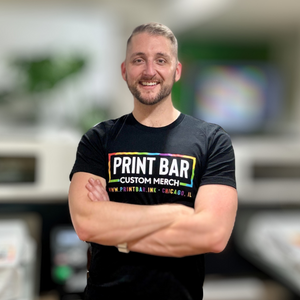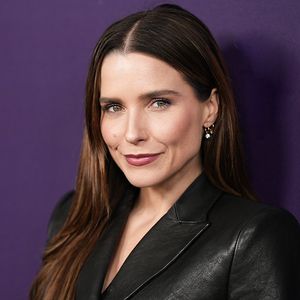When Steve Cohen,
a white man, was elected last year to represent mostly
black Memphis in Congress, it was seen as a sign that racial
divisions were fading in this Southern city.
But less than a
year later, Cohen is facing a movement led by black
pastors and political activists to defeat him in 2008 and
send a black representative to Washington instead.
''He's not black,
and he can't represent me. That's the bottom line,''
the Reverend Robert Poindexter told a local newspaper after
a meeting last week of the Memphis Baptist Ministerial
Association at which Cohen was jeered and booed.
The hostile
reception caught Cohen off guard and foreshadowed the
challenge he is almost certain to face next year in his
first bid for reelection.
''If you can get
him on the wrong side of the black church, he's got an
uphill battle,'' said Larry Moore, a University of Memphis
professor who teaches a course on how politics affects
business. ''It's taken for granted that we're going to
have a black congressman again. That's what people are
saying.''
Cohen, who is
also Tennessee's only Jewish member of Congress, is one of
two white congressmen from majority black districts. The
other is Rep. Robert Brady of Pennsylvania. But Cohen
is alone in having followed a black representative.
In 2006, Cohen
won a crowded Democratic primary--the Democratic
nomination is tantamount to election in
Memphis--when the black vote splintered. He got
slightly more than 30% of the vote, while four black
opponents shared almost 60%.
''A lot of people
are saying his election was a fluke, anyway,'' Moore
said.
Cohen's closest
opponent in the Democratic primary was Nikki Tinker, a
lawyer for Pinnacle Airlines who is billed by supporters as
the black ''consensus candidate'' to challenge Cohen
for the nomination next summer.
''There's no
reason to have a 'consensus candidate' against me but for my
race,'' said Cohen, 58, who built a record as a civil rights
champion in 24 years in the state senate. ''It's not
based on my record. It's based on the fact that I'm
white.''
Tinker did not
return calls for comment but issued a statement accusing
Cohen of ''attempting to lay his failure to have a positive
and constructive dialogue with the constituents at my
feet.''
Black preachers
have sharply criticized Cohen's vote in favor of a
federal hate-crime bill that protects gays. Some said they
worry that they could be held legally responsible if
they preached against homosexuality and someone who
heard the sermon went out and committed a hate crime.
Some also regard homosexuality as a sinful choice and object
to gays being grouped with blacks for legal protection.
Cohen said his
predecessor, Harold Ford Jr., who is black, drew no such
criticism when he supported similar hate-crime legislation.
(Ford left the House and ran unsuccessfully for the
Senate last year.)
The black
preachers have other grudges against Cohen: He was the
primary force behind the creation of the lottery in
Tennessee; he spoke out against a state constitutional
amendment banning same-sex marriage; and he complained
about a reference to Jesus in a prayer before a state
senate session.
But the preachers
have also questioned whether a white man should even
represent the ninth district, which is 60% black and 34%
white.
''I don't care
how people dress it up,'' Poindexter told The Commercial
Appeal newspaper in Memphis. ''It always comes
down to race, and he can't know what it's like to be
black.''
That opinion is
not unanimous in Memphis, even among the ministers group.
The Reverend O.C. Collins Jr. apologized for the way the
group treated Cohen, and disputed the notion that the
district must be represented by a black person.
''If we're saying
that, then what we're saying is that Barack Obama's
candidacy is illegitimate,'' Collins said.
Collins invited
Cohen to speak last week at his church, Bethlehem
Missionary Baptist, where the congressman received a
standing ovation.
When it comes to
race and voting in Memphis, ''it's not as polarized as
it used to be,'' said Marcus Pohlmann, a political scientist
with Rhodes College of Memphis, ''but we haven't
completely turned the corner either.'' (AP)

















































































